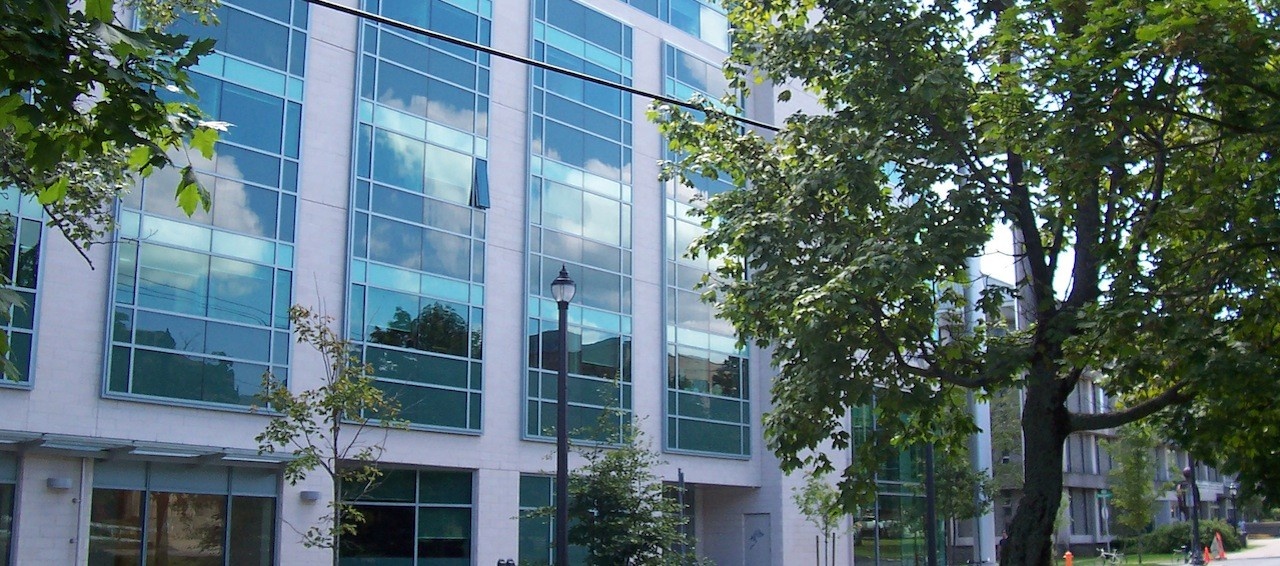Sophie Nitoslawski
 |
Program:Graduated from MES in May 2016 Educationa l background:Bachelor of Arts & Science, Environmental Studies, McGill University Current position:PhD candidate, University of British Columbia |
Background & education:
My interest in forest management was piqued during my undergraduate degree, when during a frigid winter field trip to an old-growth forest we were challenged to measure trees while wearing mittens and snowshoes. I have always been fascinated by the interactions between humans and nature in our cities, and my Master’s thesis followed suit by focusing on the effects of suburban development on urban forest biodiversity.
How did you get to your current position?
After graduating from the MES program in 2016, I worked in the municipal sector both in Quebec and Ontario. My professional experience with the City of Montréal and the Federation of Canadian Municipalities brought forth new questions relating to municipal sustainability, green infrastructure and the future of Canadian cities. I therefore decided to pursue a PhD at the University of British Columbia, where I study the increasingly important role that urban forests play in the age of urban densification and “smart planning”, and how to better manage these assets to maximize their essential benefits.
What skills did Dal help you develop?
The SRES community is a special one – with so many backgrounds and ranges of expertise found in one place, interdisciplinary thought and practice is not only encouraged, it’s a given. In this environment, I honed my creative and critical thinking skills, which are essential in any area of work or study.
What’s your next big career goal?
Finish my PhD and continue working with experts and practitioners in the municipal sector to enhance urban liveability and resilience in cities, both in Canada and globally. The tremendous current and projected growth of cities worldwide underscores the importance of sustainable urban management, in efforts to maximize the benefits of urban living while mitigating unwanted environmental, economic and social consequences.
Any advice for future MES students?
Make the most of your time at Dalhousie and at SRES. Engage with the amazing professors and mentors at your disposal and make the effort to discuss topics with your colleagues and peers. They are all experts, educators and students in their own right, and have so much to add to your experience. Take advantage of financial and professional development opportunities, and present your work at relevant conferences. Good research deserves to be communicated!
